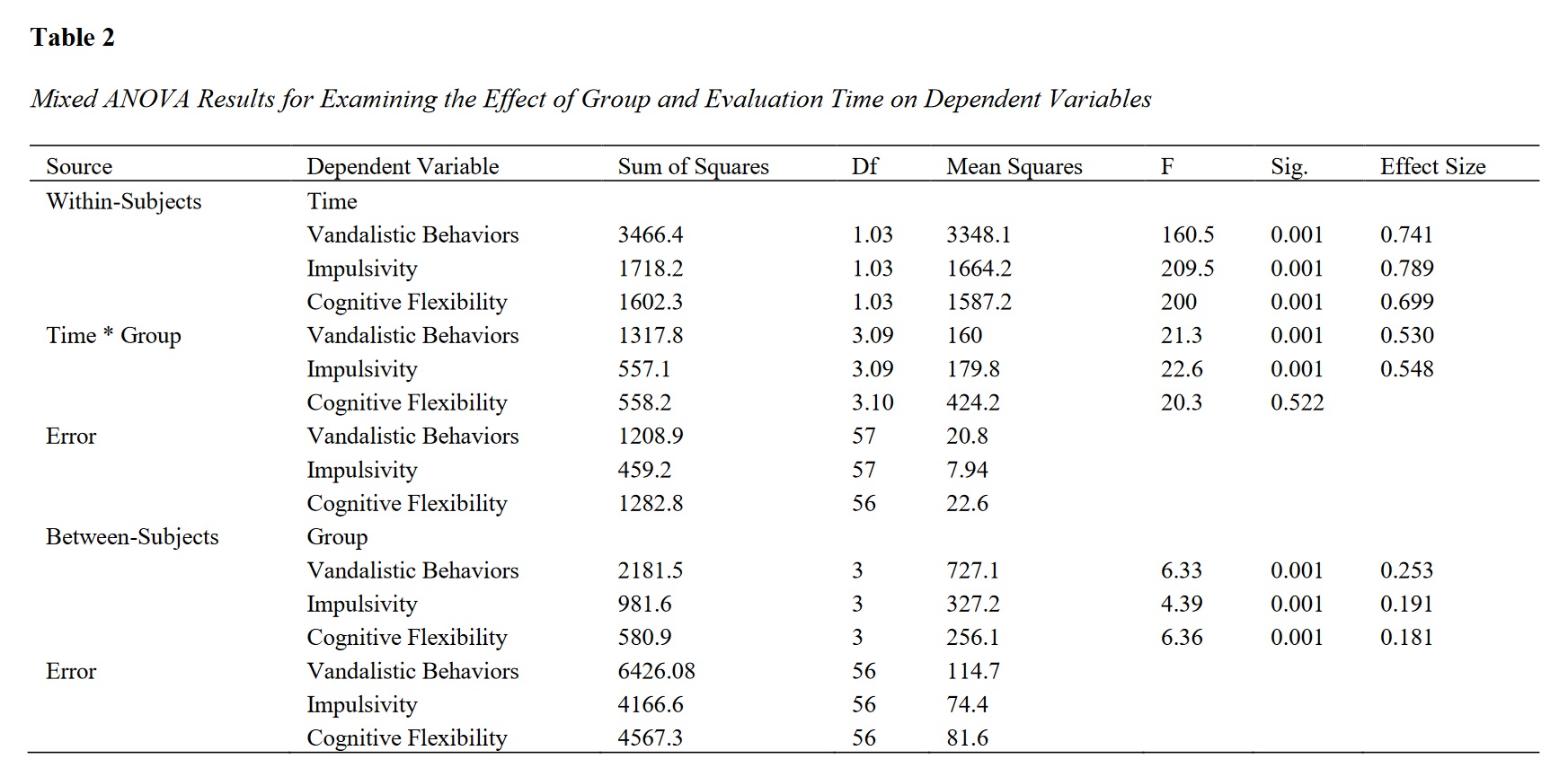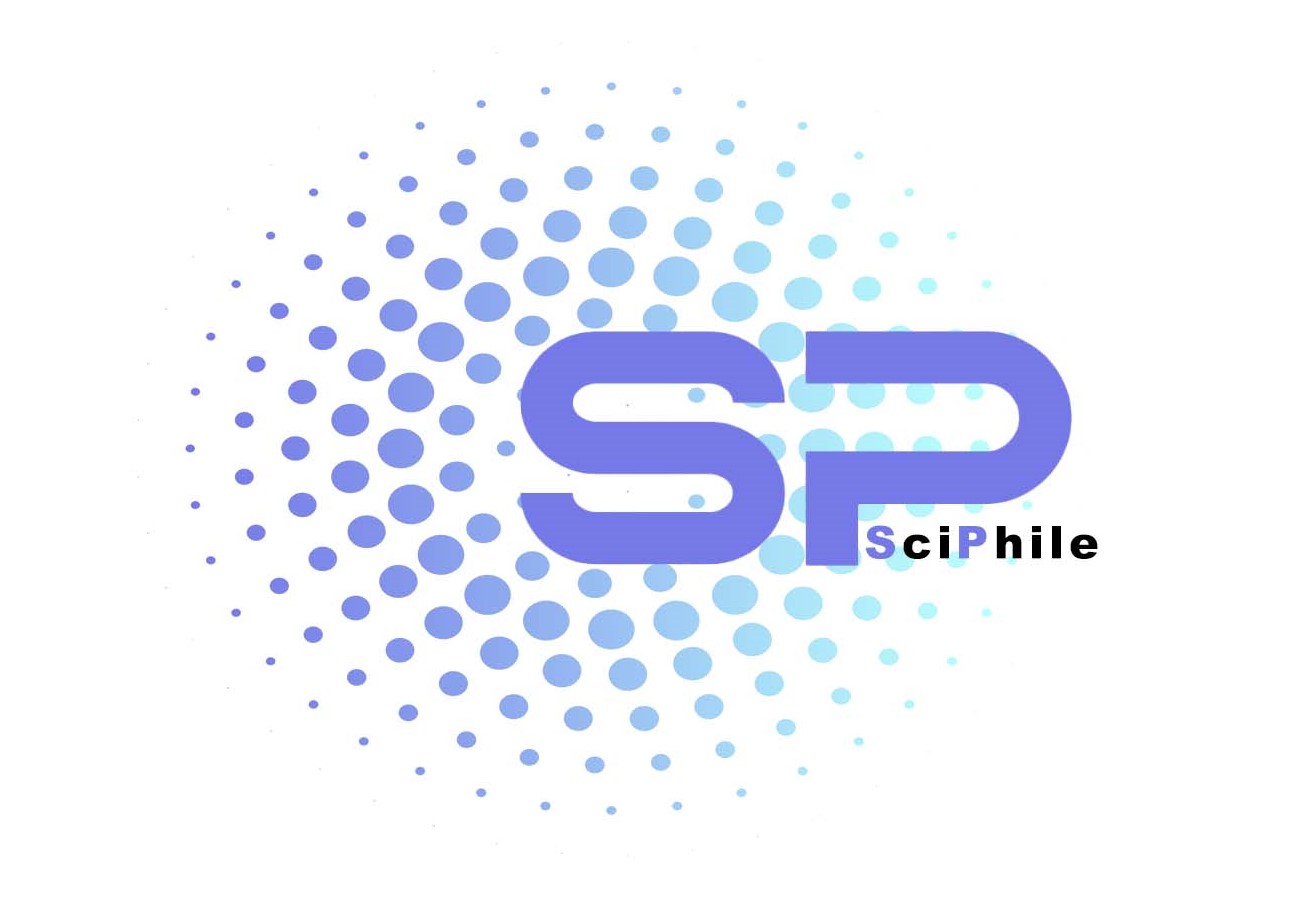Comparing the Effectiveness of Cognitive Behavioral Play Therapy and Gestalt Play Therapy on Vandalistic Behaviors, Impulsivity, and Cognitive Flexibility in Aggressive Male Elementary Students
Keywords:
Cognitive Flexibility, Impulsivity, Vandalistic BehaviorsAbstract
Objective: Aggression in the early years of life leads to the emergence of individual problems such as a poor self-concept and poor academic performance, as well as interpersonal issues such as rejection by peers in a child's life. The purpose of this study was to compare the effectiveness of cognitive behavioral play therapy and Gestalt play therapy on vandalistic behaviors, impulsivity, and cognitive flexibility in aggressive male elementary students.
Methods and Materials: This quasi-experimental research was conducted with a pre-test, post-test design with a control group and a follow-up period. The research population consisted of aggressive elementary students from District 6 of Tehran, 45 of whom were selected through purposive non-random sampling and randomly assigned to two experimental groups (cognitive behavioral play therapy and Gestalt play therapy) and one control group. The Madrigal Vandalistic Behaviors Questionnaire (2006), Barratt Impulsiveness Scale (1993), and Denz and Vandewall Cognitive Flexibility Questionnaire (1977) were used. The first experimental group underwent 8 sessions of 60-minute cognitive behavioral play therapy, and the second experimental group underwent 10 sessions of 60-minute Gestalt play therapy. Data were analyzed using repeated measures ANOVA and SPSS software version 22.
Findings: The results showed that both cognitive behavioral play therapy and Gestalt play therapy were effective in reducing vandalistic behaviors, impulsivity, and in enhancing cognitive flexibility (P<0.05). Furthermore, the findings indicated that Gestalt play therapy was more effective than cognitive behavioral play therapy (P<0.05).
Conclusion: Cognitive behavioral play therapy and Gestalt play therapy were effective in improving aggression and Gestalt play therapy was more effective than cognitive behavioral play therapy. Therefore, these approaches can be utilized alongside medical treatments and care in therapeutic centers.
Downloads

Downloads
Additional Files
Published
Issue
Section
License
Copyright (c) 2024 Sahar Tavakoli, Fatemeh Abbasi, Behnam Heydari (Author); Majid Akhondzadeh (Corresponding Author)

This work is licensed under a Creative Commons Attribution-NonCommercial 4.0 International License.







































